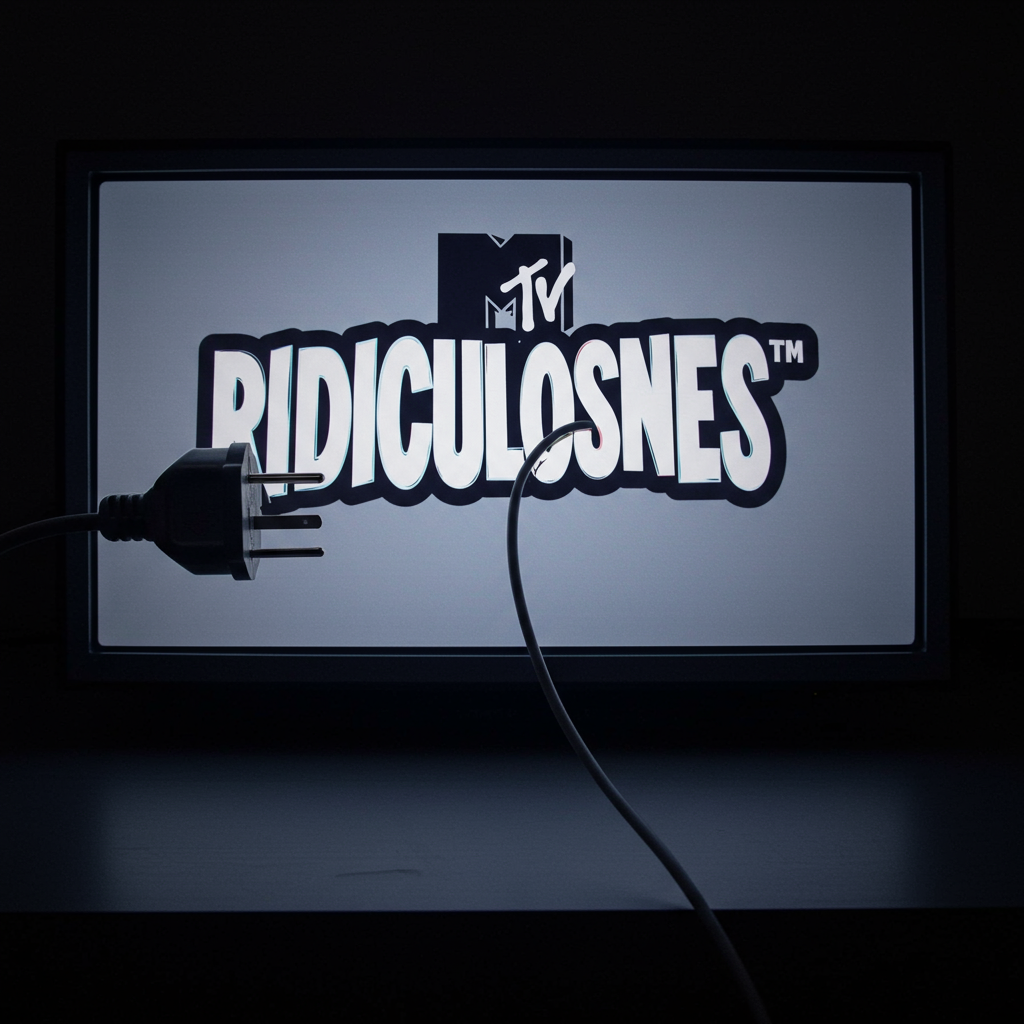Harvey Weinstein Convicted on Top Sex Crime in Retrial, Jury Undecided on Another Count
Former Hollywood mogul Harvey Weinstein has once again been found guilty of a top sex crime charge, receiving a partial verdict in his high-profile #MeToo retrial in New York City. The mixed outcome, delivered on Wednesday, June 11, 2025, sees Weinstein convicted on one count of criminal sex act, acquitted on another, with jurors unable to reach a unanimous decision on a third charge.
The verdict comes more than five years after his initial landmark conviction in 2020, which was dramatically overturned by New York’s highest court last year.
Split Decision from the Jury
After five extraordinary and tense days of deliberations, the jury of seven women and five men reached a verdict on two of the three counts against the ailing 73-year-old.
Conviction: Weinstein was found guilty of one count of criminal sex act. This charge relates to accusations made by Miriam Haley, a producer and production assistant, who testified that Weinstein forcibly performed oral sex on her nearly two decades ago, in July 2006. Haley, who had a short stint working on the Weinstein-produced “Project Runway,” described being cornered in his SoHo apartment and assaulted despite her pleas. This is the same charge he was convicted of at his first trial.
Acquittal: He was acquitted of a separate charge of criminal sex act concerning allegations by Kaja Sokola, a psychologist and former Polish model and actor. Sokola alleged Weinstein forced oral sex on her at a Manhattan hotel in 2006. These specific allegations from Sokola were new to this retrial, as she did not testify in the first trial.
- Undecided: Jurors indicated they had not yet reached unanimity on the final count, a third-degree rape charge involving Jessica Mann, a cosmetologist and hairstylist. Mann alleges Weinstein raped her in a Manhattan hotel room in March 2013. Deliberations were expected to potentially continue on this charge. Under New York law, the third-degree rape charge carries a lesser penalty than the first-degree criminal sex act offense of which Weinstein was convicted.
- time.com
- www.uppermichiganssource.com
- apnews.com
- san.com
- spectrumlocalnews.com
The split verdict offers a measure of vindication for prosecutors and some accusers while also providing Weinstein with an acquittal on one charge.
Tension in the Jury Room
The deliberation process was marked by significant internal tension, which became public during the lengthy five-day period. The jury foreperson repeatedly complained about pressure from other jurors, alleging some were yelling, pressuring individuals to change their minds, discussing extraneous information, and even describing an alleged threat (“You going to see me outside”) that left him feeling “afraid inside there.”
Amidst the reported difficulties, Weinstein’s lawyers made multiple requests for a mistrial, citing the turmoil within the jury, but these were denied by Judge Curtis Farber. Weinstein himself made an unusual direct address to the judge without the jury present, imploring him to end the case, stating, “My life is on the line, and you know what? It’s not fair.”
Accusers Detail Allegations and Complex Dynamics
Throughout the retrial, accusers like Haley, Sokola, and Mann testified that Weinstein leveraged his immense power and influence in Hollywood to isolate and assault them. A complex aspect explored during the trial was the fact that many accusers maintained contact with Weinstein afterward, sometimes accepting favors or meeting him again. They explained this by saying they were grappling with the trauma, attempting to protect potential career opportunities in the industry, or trying to manage interactions with a powerful and volatile man. Jessica Mann, for instance, acknowledged having a consensual, on-and-off relationship with Weinstein that began before and continued after the alleged rape.
Following the partial verdict, Miriam Haley reportedly expressed hope that this would mark the end of the process, describing the experience as “exhausting and at times dehumanizing” but adding that the verdict “gave her hope.” Kaja Sokola called the outcome “a big win for everyone” and a “closing of a chapter that caused me a lot of pain.”
Weinstein’s Defense and Overturned Conviction Context
Weinstein, who appeared in court in a wheelchair at times and has faced recent health issues including heart surgery and a leukemia diagnosis, has consistently denied all allegations of non-consensual sexual activity. His defense team portrayed the accusers as individuals seeking opportunities in Hollywood who willingly engaged with him and later fabricated or misrepresented consensual encounters as crimes years later, potentially for financial settlements or validation within the #MeToo movement. Weinstein did not testify in his own defense during the retrial. In a phone interview while awaiting the verdict, he reportedly expressed regret for conduct that was “immoral” or “stupid” but maintained it was never “illegal” or “criminal.”
The retrial was necessitated after New York’s highest court, the Court of Appeals, overturned his 2020 conviction in April 2024. The court ruled that the judge in the first trial had prejudiced Weinstein’s case by allowing three women – Lauren Young, Dawn Dunning, and Tarale Wulff – to testify about allegations that were not directly tied to the specific charges being tried. The appeals court found this “prior bad acts” testimony “served no material non-propensity purpose” and improperly swayed the jury.
Weinstein is currently serving a 16-year sentence for a separate conviction in California in 2022, which he is also appealing. He is expected to be returned to California following this New York trial. The conviction for criminal sex act in New York carries a maximum sentence of 25 years in prison if a sentence is imposed.
The legal proceedings against Weinstein, first brought to widespread public attention by detailed reports in The New York Times and The New Yorker in 2017, were a major catalyst for the global #MeToo movement, spurring broader awareness and accountability for sexual misconduct. This retrial and its split verdict continue to underscore the complex legal challenges in prosecuting such cases and the ongoing debates surrounding powerful figures accused of sexual assault.

